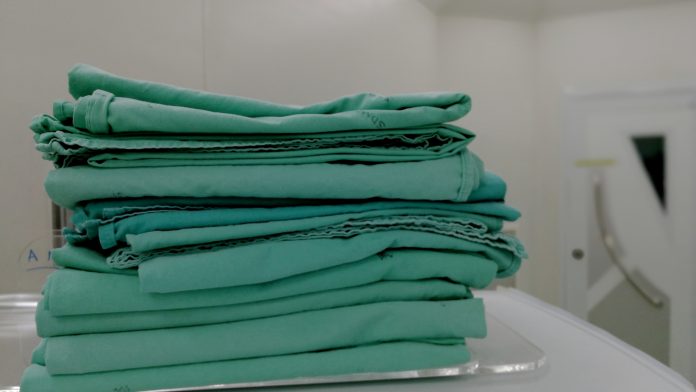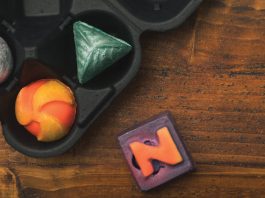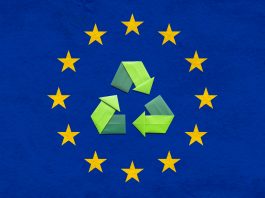In collaboration with partners from Sweden and Finland, VTT’s new project has created cleaning and manufacturing methods for hospital textiles in order to further the circular economy in the Nordic region.
Hospitals consume large amounts of disposable non-woven, non-recyclable products, such as sheets and wipes. If hospital textiles were made of recycled materials, their environmental impact would be significantly reduced. VTT’s study aims to bring new cleaning and manufacturing methods for hospital textiles to hospitals in order to minimise their impact and promote the circular economy.
The fibre materials used in hospital textiles must meet high quality standards and be sufficiently clean and strong – no compromises can be made on these properties. The Finnish-Swedish NordicBio joint project developed processes for using recycled materials in hospital textiles. One of the processes is the cleaning of fibres, as mechanically recycled fibre is not suited for hospital use.
VTT examined sufficiently reliable and affordable methods for cleaning fibres. Detergent cleaning proved to function well: the hygiene of fibres can be guaranteed with chemicals used in laundries and sufficiently high temperatures. Stronger chemicals can also be used for removing colour from fibres.
Foam layering for non-woven fabrics
VTT also examined the suitability of the foam laying process for the manufacture of non-woven fabrics intended for hospital use. The foam laying technology resembles paper production, but in the manufacturing process aqueous foam is used as a carrier medium instead of water. Such technology burdens the environment less than traditional wet pressing, as the process consumes significantly less water.
Foam laying produced uniform fibre fabric and achieved the desired strength. The concept is not yet finalised, since the fabric produced was thicker than the present alternatives. The next step is to make thinner non-woven fabric without losing strength.
Using VTT’s cleaning process for yarn and hospital clothing
One of the other Finnish participants in the project, in addition to VTT and six other members from Sweden, is Pure Waste Textile Oy, who studied the manufacturing of yarn and hospital clothing from the fibre cleaned by VTT.
The Swedish partners provided VTT with recycled textile fibre, tested other manufacturing processes and added the necessary coatings to the non-woven rolls produced by VTT in an industrial lamination process. Stockholm’s Landstig Hospital defined requirements and evaluated the suitability of the products produced for hospital use.
The entire value chain of hospital textiles from fibre collection to use was involved in the project. The work will now continue in VTT’s Telaketju projects, which are building a circular economy ecosystem for textiles in Finland.





